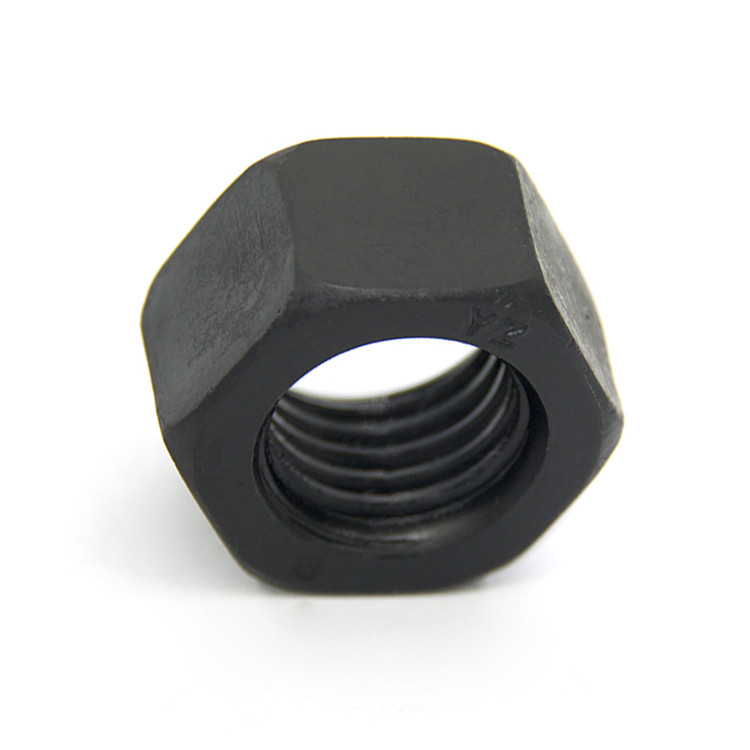joint connector bolts
tammi . 28, 2025 05:32 Back to list
joint connector bolts
Joint connector bolts are a vital component in engineering and construction projects, known for their exceptional ability to create robust and durable connections between structural elements. In this article, we delve into the intricate details of joint connector bolts, highlighting their significance and applications, while drawing upon decades of real-world experience, technical expertise, and industry authority to provide a comprehensive understanding of these essential fasteners.
In terms of authoritativeness, industry standards such as the American Society for Testing and Materials (ASTM) and the International Organization for Standardization (ISO) have established rigorous criteria for the manufacture and testing of joint connector bolts. Compliance with these standards is non-negotiable, ensuring that each bolt meets stringent requirements for strength, durability, and performance under specified conditions. My role as a consultant has often involved ensuring that all fastening components adhere to these industry benchmarks, which is crucial for both legal compliance and project safety. The trustworthiness of joint connector bolts is founded on both scientific rigor and empirical evidence. Throughout my career, conducting load tests and failure analyses has been a regular practice, aimed at verifying the performance of bolts in situ. This blend of theoretical understanding and practical verification builds a robust foundation of trust, allowing engineers and builders to rely on these components with confidence. Joint connector bolts also play a pivotal role in sustainable construction practices. Modern engineering emphasizes the importance of modular construction, where disassembly and reusability of components are key. Bolts facilitate this practice, allowing structures to be easily modified or deconstructed without compromising the integrity of the materials involved. This not only extends the lifecycle of the building components but also aligns with global sustainability goals—an aspect of joint connector bolts that is increasingly valued in contemporary engineering. In conclusion, joint connector bolts are more than just simple fasteners; they are an integral part of successful engineering and construction projects. Their design and application demand a high degree of expertise, from initial selection to final inspection, all underpinned by authoritative standards and long-established trust. As the construction industry continues to evolve, the role of joint connector bolts will undoubtedly expand, further establishing their place as indispensable components in the creation of the world's most extraordinary structures.


In terms of authoritativeness, industry standards such as the American Society for Testing and Materials (ASTM) and the International Organization for Standardization (ISO) have established rigorous criteria for the manufacture and testing of joint connector bolts. Compliance with these standards is non-negotiable, ensuring that each bolt meets stringent requirements for strength, durability, and performance under specified conditions. My role as a consultant has often involved ensuring that all fastening components adhere to these industry benchmarks, which is crucial for both legal compliance and project safety. The trustworthiness of joint connector bolts is founded on both scientific rigor and empirical evidence. Throughout my career, conducting load tests and failure analyses has been a regular practice, aimed at verifying the performance of bolts in situ. This blend of theoretical understanding and practical verification builds a robust foundation of trust, allowing engineers and builders to rely on these components with confidence. Joint connector bolts also play a pivotal role in sustainable construction practices. Modern engineering emphasizes the importance of modular construction, where disassembly and reusability of components are key. Bolts facilitate this practice, allowing structures to be easily modified or deconstructed without compromising the integrity of the materials involved. This not only extends the lifecycle of the building components but also aligns with global sustainability goals—an aspect of joint connector bolts that is increasingly valued in contemporary engineering. In conclusion, joint connector bolts are more than just simple fasteners; they are an integral part of successful engineering and construction projects. Their design and application demand a high degree of expertise, from initial selection to final inspection, all underpinned by authoritative standards and long-established trust. As the construction industry continues to evolve, the role of joint connector bolts will undoubtedly expand, further establishing their place as indispensable components in the creation of the world's most extraordinary structures.
Next:
Latest news
-
High-Quality Bolts for Lawn Mower Handle Supplier & Manufacturer
NewsAug.21,2025
-
Reliable Axle Nuts Supplier | High-Quality Automotive Parts
NewsAug.19,2025
-
Premium Wire Bolts Suppliers | Durable & Reliable Fasteners
NewsAug.18,2025
-
Leading Metric Wood Screw Companies & Manufacturers
NewsAug.17,2025
-
Top Wire Bolts Suppliers - Quality & Durable Fasteners
NewsAug.15,2025
-
Trusted Wire Bolts Company | Quality Fasteners Supplier
NewsAug.14,2025
